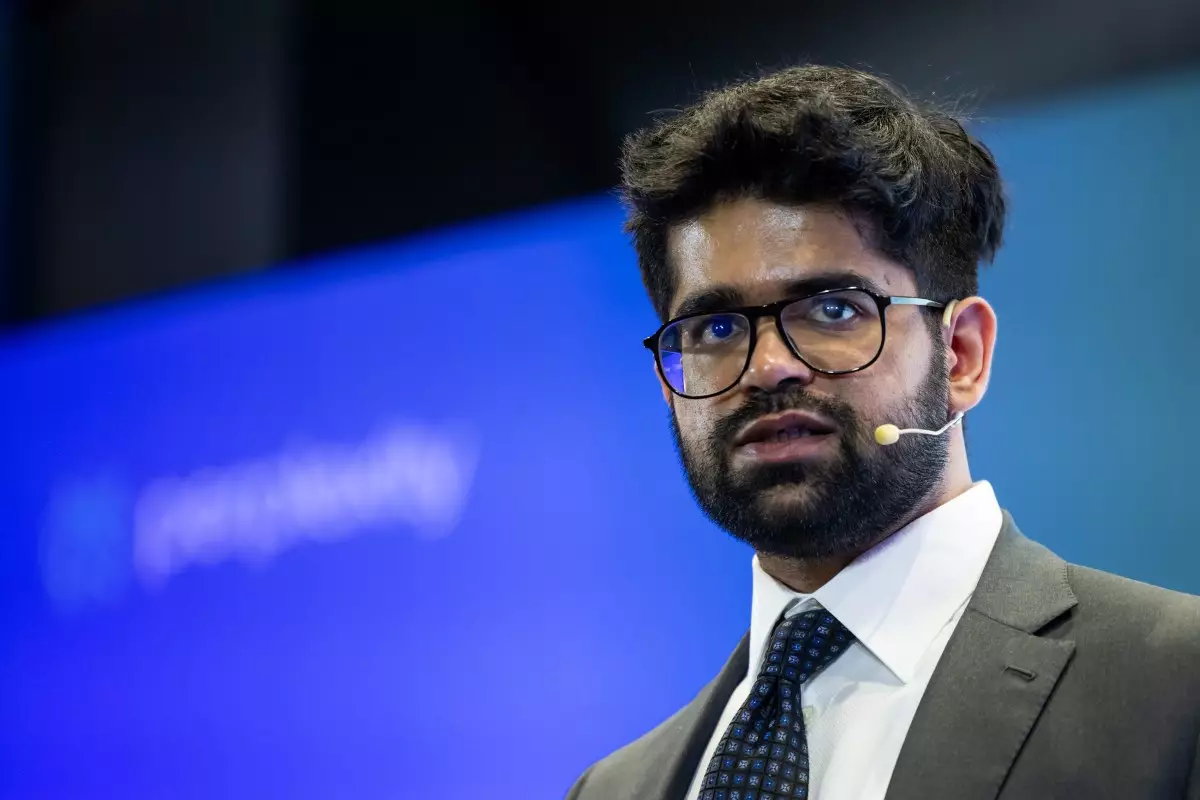In a rapidly evolving digital landscape, the emergence of generative AI tools has sparked intense debates about intellectual property and the future of media journalism. The recent legal challenges faced by companies like Perplexity highlight the friction between traditional media corporations and innovative technology firms. Specifically, a lawsuit filed by News Corp, supported by other prominent media entities, has thrown AI-generated content into the spotlight. Perplexity’s recent blog post serves not only as a defense against the accusations but also as a critique of the media industry itself.
Perplexity’s response to the lawsuit asserts that many media companies prefer to suppress the technology rather than adapt to the changing landscape. They argue that there exists a pervasive mindset among traditional media organizations, wherein they believe information derived from publicly reported facts should be treated as proprietary. The startup’s blog harbors a bold assertion: that major media corporations are collectively resistant to generative AI, wishing for a reversion to a status quo that heavily favors their control over information dissemination. However, a closer examination reveals that such claims lack robust backing; no substantial evidence was presented to solidify these assertions. This omission raises questions about Perplexity’s credibility, reflecting a deflective approach rather than a foundational argument grounded in facts.
Deflection Rather Than Engagement
Perplexity’s strategy in addressing the allegations was evident as they veered away from confronting the crux of the lawsuit: the claim of extensive copyright infringement through the reproduction of articles. Instead, they pivoted to characterize the traditional media’s complaints as shortsighted and contrary to broader technological advancement. While engaging with adversarial sentiments, this strategy seems to ignore a key potential benefit of such lawsuits: the opportunity for collaboration between AI firms and media companies that could lead to mutually beneficial outcomes.
The emphasis on opposition may overshadow the possibility of creating frameworks that protect publishers while allowing innovation to thrive. Perplexity’s failure to engage directly with the allegations may alienate potential allies across the media spectrum, suggesting a more combative than cooperative stance toward an industry that is undoubtedly grappling with transformation.
Despite insisting that they engage properly with media partners, Perplexity’s blog post glosses over critical factors regarding transparency. They assert that they are not in the business of regurgitating full articles yet provide little in the way of evidence supporting these claims. This absence of transparency invites skepticism about their actual practices and commitments. Moreover, their invocation of other partnerships, such as those with Time and Fortune, adds complexity to their narrative but does not ultimately resolve the underlying issues of copyright and competition articulated in the lawsuit.
Implications for Media and Technology Collaboration
As the lawsuit unfolds, it remains imperative for both the media industry and generative AI companies to seek convergence rather than division. The legal disputes serve as a wake-up call for both sectors: media organizations need to confront the reality of technological advancements, while AI firms should understand the importance of intellectual property rights. There lies a potential crossroads where these entities can find common ground, potentially paving the way for innovative collaborations that respect the rights of content creators while leveraging AI’s capabilities to enhance public access to information.
In analyzing Perplexity’s response to legal challenges from media corporations, it becomes apparent that the reaction is characterized not merely by defensiveness but also by an underlying critique of cultural attitudes toward information ownership. The dialogue surrounding generative AI, copyright, and media production should be rooted in nuanced engagement rather than broad generalizations. Moving forward, fostering collaboration between the realms of media and technology could yield richer, more extensive storytelling capabilities while simultaneously addressing the legitimate concerns of copyright holders. Ultimately, a balanced dialogue will be essential for navigating this challenging digital era. Only by merging these perspectives can we hope to cultivate a landscape where innovation and respect for intellectual property coalesce effectively.

